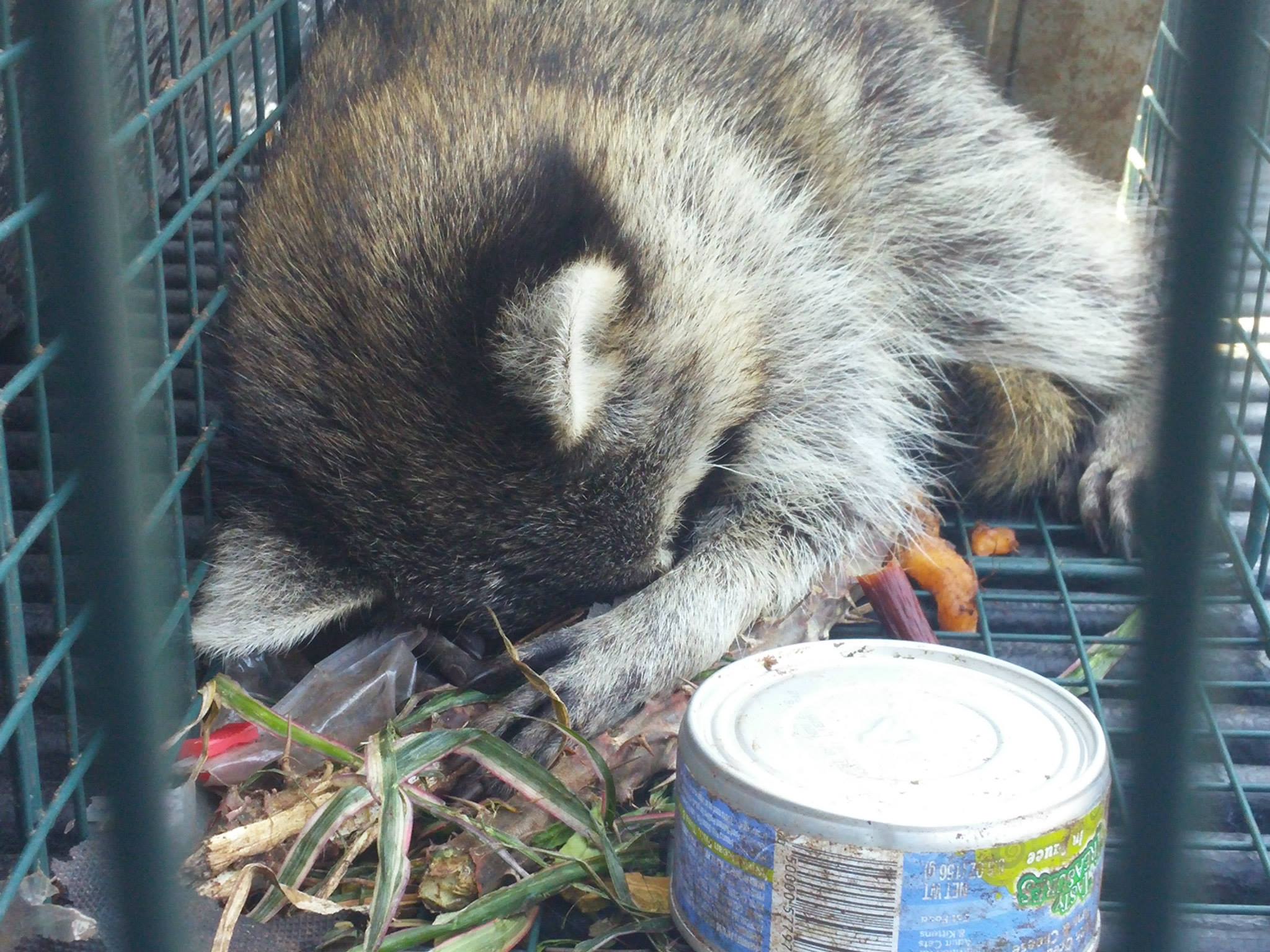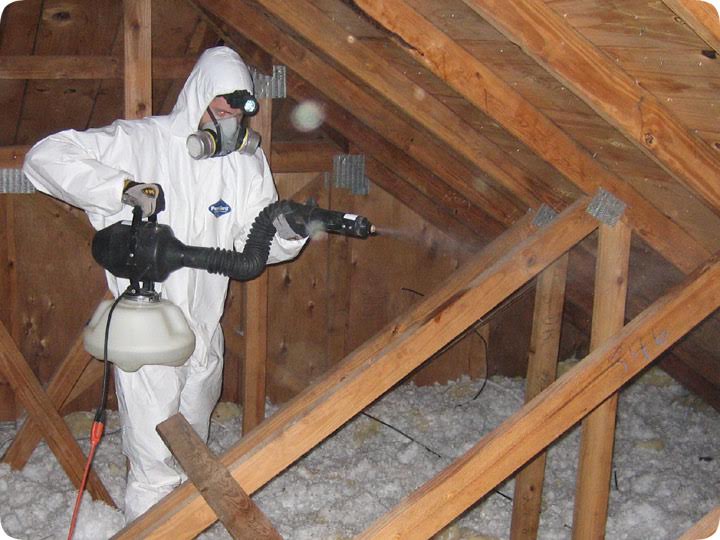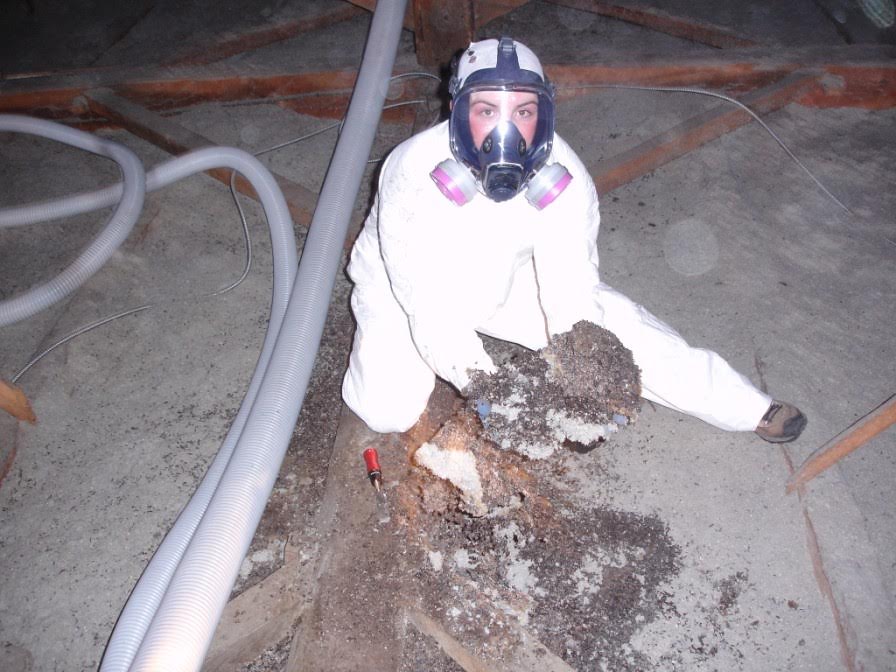
Hi my name is Brendan Mangnitz and I am the owner of 24/7 Wildlife Control. I have been in business on my own for nearly five years and I have been in this industry for close to 10 years working with friends, family and other companies; while learning, training and understanding the wildlife removal & nuisance animal control industry. I started by graduating from the University of South Florida with my Business Management degree. After this degree, I got into the field of wildlife control because I knew there was a big issue with raccoons getting into people's homes and I realized that there were not many professional raccoon removal companies. I wanted to be one of the most professional and honest raccoon removal/ raccoon trapping companies out there and I knew that there is a big need to hire professional raccoon removal companies. You want to always hire a professional raccoon removal/ raccoon trapper that is properly licensed, insured, bonded, has workers comp, and additionally you want to hire raccoon removal companies and raccoon trappers that show up in uniforms, have wonderful customer service, have clean trucks and respect both you and the animals like the raccoons being trapped. We treat our animals in a humane way.

If you are looking for tips and facts on how to remove raccoons, you've come to the right place. There are many tools that you can use to trap raccoons. If you look at my pictures on raccoon traps and raccoon tools they can give you an idea. I generally always use live animal traps when trapping raccoons. Live animal traps are very safe and humane. When you trap raccoons there is no reason to kill the raccoon. Set the live raccoon traps around your home and make sure to read my tips for what bait to use to catch a raccoon.
Customers ask me all the time are there repellents that you can use that will help trap raccoons and then keep them away from your property? The honest answer is no. I personally do not feel that raccoon repellents work. There is no scientific evidence that states there is an actual raccoon repellent. Raccoon repellents can really only last for a week or so until the weather affects it, thus making it weak. That is why whenever I have a situation with raccoons I use live raccoon traps to trap and relocate the raccoon. Once the raccoon has been properly trapped, I then go ahead and do an exclusion where I close off all the access points on the home or property in order to make sure the raccoons do not come back. Also remove any of the attractives that you might have around the house. The best tool that you have for raccoon prevention is due diligence. Make sure you pick up the trash, lock your trash cans, don't leave food outside and that right there is the best way to repel raccoons.

People sometimes ask me about raccoon poison. This is one of the stupidest things I've ever heard of! Why would you ever want to poison a 25 pound, essentially undomesticated dog? If it dies in your attic it's going to smell awful. If you use raccoon poison the animal will die and cause a huge mess for you to clean up. Do not use raccoon poison! It is not humane and is not recommended and it is very dangerous. What if the raccoon doesn't eat the poison but brings it out onto your lawn and then your kids or pets eat it? Well then you're in a world of trouble. That is why here at 247wildlifecontrol.com we are a poison-free company. Poisons are very dangerous and I do not recommend them. Live raccoon trapping is the best way to go. Regular old raccoon traps work and they have been working for hundreds of years.
Are you trying to trap raccoons and need help to prevent raccoons from knocking over your trap? Well if so it's simple. Put your trap on the floor in an area where it can't be knocked over and safely secure that trap down. You can use zip ties, screws or rope. Those are great ways to prevent raccoons from knocking over your trap.

If you have raccoons in your attic, you do not want to put the raccoon trap in the attic. Raccoon trapping in the attic is a general mistake and novice thing to do. If you trap a raccoon in the attic it is going to freak out. The raccoon can punch through the drywall and destroy the insulation. Raccoons cause very serious damage when trapped in an attic. There's even been times that I have seen trapping raccoons in the attic and the trapped raccoon pulled the cable wires and electric wires in the trap and electrocuted and shocked itself. Luckily it didn't cause a house fire but it's very possible that raccoons can be the cause of house fires. What I always recommend is, do raccoon trapping on the exterior of the home, figure out how the raccoon got into the home and set the traps by the area in which it used to access. For example if you have a tree leaning up against your roof chances are that tree is how the raccoon climbed onto the roof. Put the trap at the bottom of the tree with the appropriate base and that's how you successfully and humanely capture raccoons. If you have any further questions feel free to contact 247wildlifecontrol.com at any time!
If you think you are having an issue with raccoons in your and want to get an expert opinion on the best tools to use to catch a raccoon, give me a call! My name is Brendan Mangnitz with 24/7 Wildlife Control and I am always available to help identify the sounds you hear, and I would be happy to send one of our technicians out to assist you.